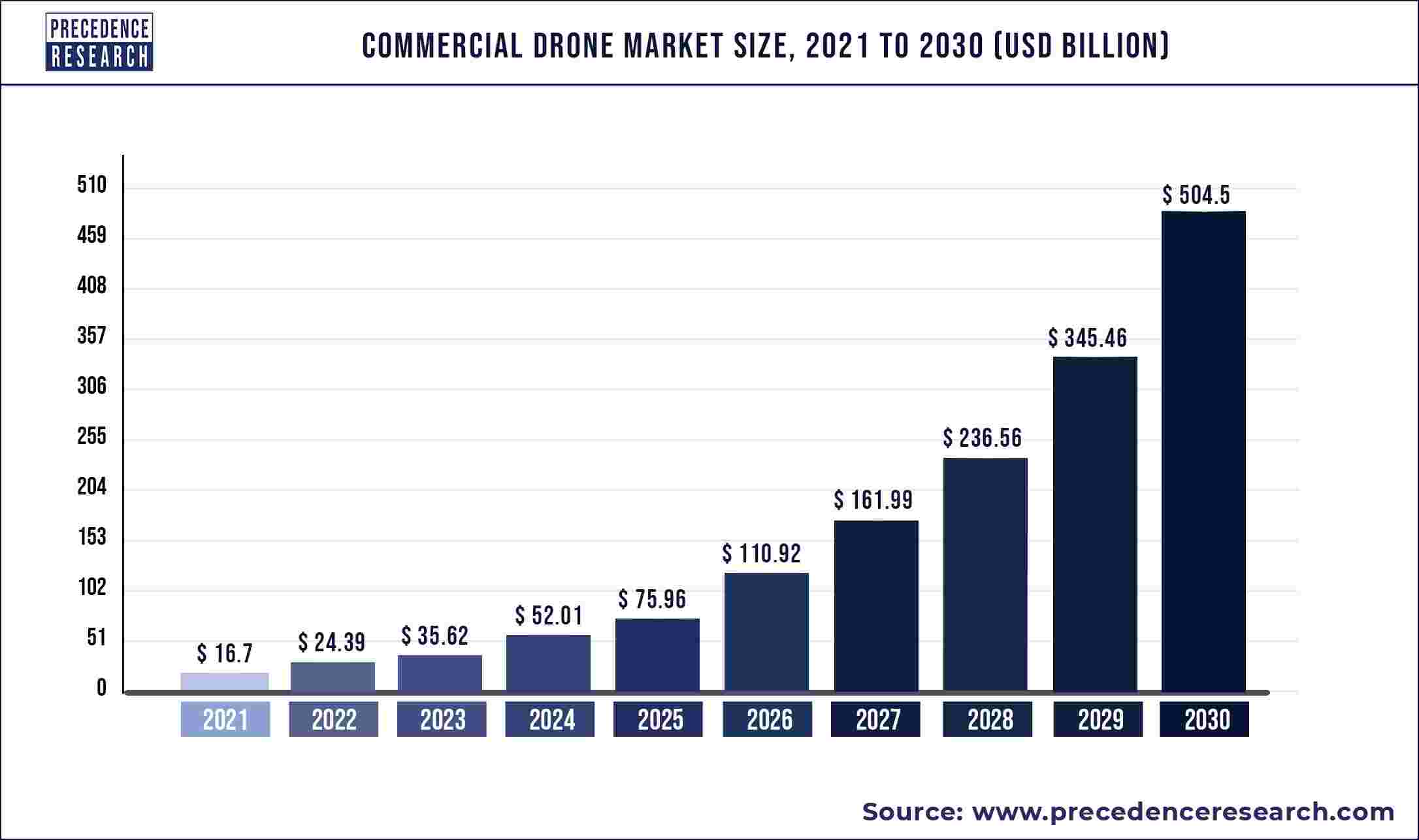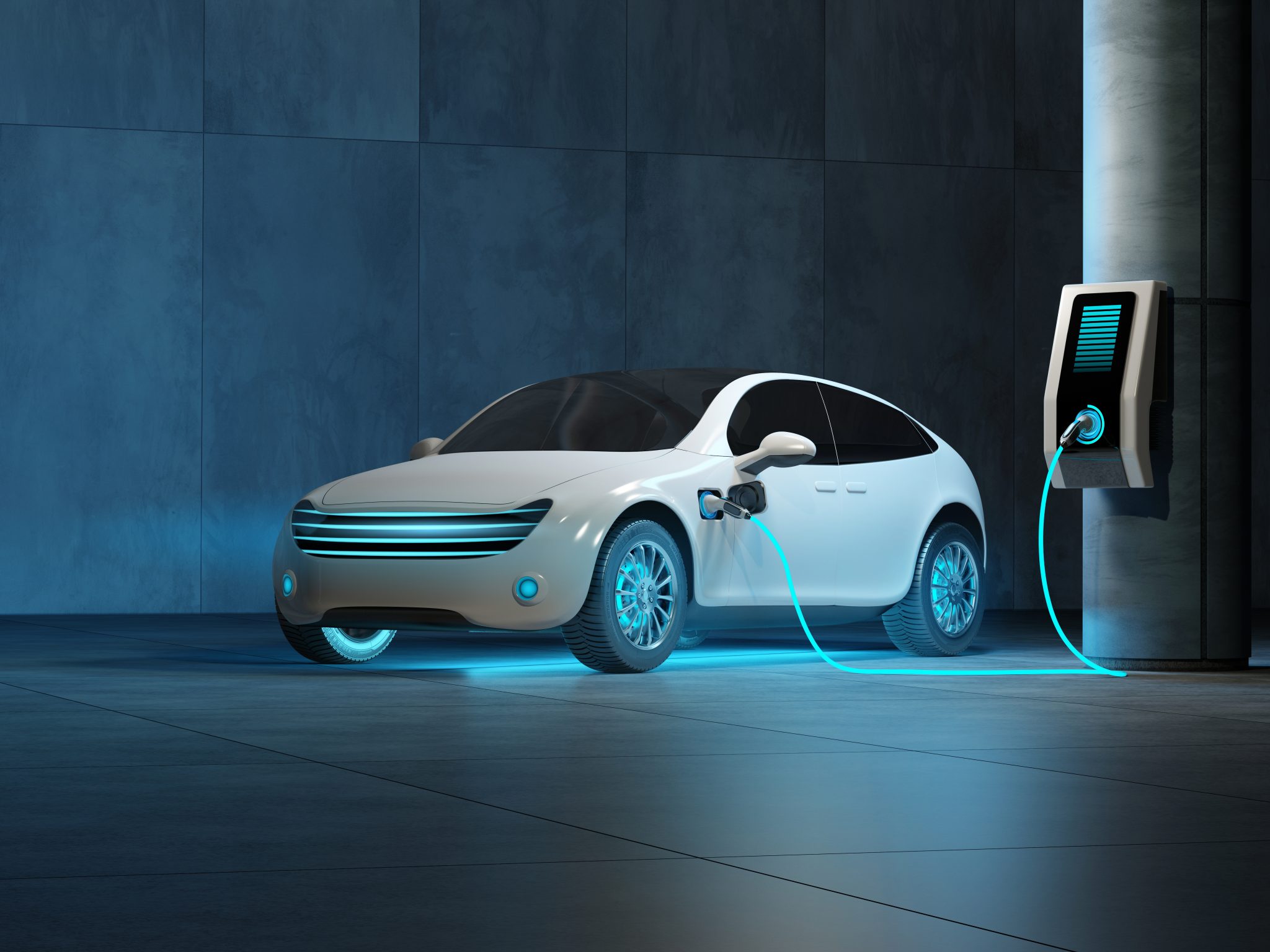China's Impact On BMW And Porsche: Market Share And Future Outlook

Table of Contents
BMW's Position in the Chinese Market
Market Share and Sales Figures
BMW holds a substantial share of the Chinese luxury car market, although its precise percentage fluctuates year to year due to intense competition. In recent years, BMW has consistently ranked among the top three luxury car brands in China, vying with Audi and Mercedes-Benz for market leadership. While precise sales figures vary depending on the reporting agency and time frame, BMW has consistently reported strong sales growth in China over the past decade, albeit at a potentially slower rate recently compared to previous years.
- Specific Model Performance: The BMW X3 and 5 Series have consistently been strong performers in the Chinese market, catering to the preferences for SUVs and executive sedans. However, year-over-year growth can vary depending on factors like economic conditions and new model introductions.
- Market Position Shifts: BMW's market position has seen minor fluctuations, primarily influenced by the aggressive marketing and product launches of competitors like Audi and Mercedes-Benz, along with the rising popularity of domestic Chinese brands.
Strategies for Success in the Chinese Market
BMW's success in China is attributable to a multi-pronged strategy focused on localization and understanding the unique preferences of Chinese consumers.
- Localized Models and Production: BMW has invested heavily in local production facilities, enabling it to offer models tailored to the specific demands of the Chinese market, including features like extended wheelbases for rear-seat comfort.
- Targeted Marketing Campaigns: BMW employs sophisticated marketing campaigns that leverage digital channels, social media, and celebrity endorsements to resonate with Chinese consumers. These campaigns often emphasize technological innovation, luxury, and status.
- Extensive Dealership Network: A widespread and well-maintained dealership network ensures convenient access to sales, service, and parts for BMW owners across China.
Challenges and Opportunities
Despite its successes, BMW faces significant challenges in the Chinese market.
- Intense Competition: Audi, Mercedes-Benz, and increasingly, domestic Chinese brands such as BYD and NIO, pose significant competition.
- Government Regulations: Stringent government regulations regarding emissions, fuel efficiency, and safety standards require continuous adaptation and investment.
- Economic Fluctuations: The Chinese economy's overall health directly impacts luxury car sales, making forecasting and planning challenging.
However, significant opportunities exist:
- Electric Vehicle (EV) Market: The rapidly expanding EV market presents a major growth opportunity. BMW is actively investing in electric vehicle technology and introducing new EV models tailored to the Chinese market.
- Autonomous Driving Technologies: The development and adoption of autonomous driving technologies offer another avenue for future growth and market differentiation.
Porsche's Performance in the Chinese Market
Market Share and Sales Trends
Porsche has experienced remarkable growth in China, establishing itself as a leading player in the luxury sports car segment. While its overall market share may be smaller than BMW's, Porsche's sales growth in China has consistently outperformed the overall market average.
- Popular Models: The Cayenne and Macan SUVs are particularly popular in China, indicating a preference for practicality combined with Porsche's renowned performance and prestige.
- Regional Variations: Sales growth varies across different regions of China, with larger metropolitan areas typically exhibiting stronger demand.
Strategies for Chinese Consumers
Porsche's strategy focuses on maintaining its brand image as a symbol of luxury, performance, and exclusivity.
- Brand Building and Marketing: Porsche emphasizes its heritage and racing pedigree in its marketing, resonating with affluent Chinese consumers who value craftsmanship and performance.
- Exclusive Experiences: Porsche provides exclusive experiences and events to cultivate a strong sense of community among its Chinese clientele.
- Tailored Features: While not as extensive as BMW's localization efforts, Porsche incorporates features appealing to the Chinese market, such as advanced infotainment systems and comfortable interiors.
Overcoming Challenges and Future Growth
Porsche, like BMW, faces challenges:
- Competition: Competition from other luxury brands, especially in the SUV segment, is fierce.
- Electric Vehicle Transition: Meeting the growing demand for electric vehicles requires significant investment in new technologies and models.
Future growth strategies include:
- Expansion of Electric Vehicle Portfolio: Porsche is committed to expanding its range of electric vehicles to meet the growing demand in China.
- Strategic Partnerships: Collaborations with local Chinese companies could enhance market access and streamline operations.
Comparative Analysis: BMW vs. Porsche in China
Strengths and Weaknesses
- BMW: Strengths include its broad model range, strong dealership network, and established brand recognition. Weaknesses include potentially facing more intense price competition in certain segments.
- Porsche: Strengths include a powerful brand image focused on performance and exclusivity. Weaknesses include a smaller model range and a higher price point, potentially limiting its reach to a smaller segment of the luxury market.
Impact of Government Policies
Government policies, particularly regarding emissions standards and incentives for electric vehicles, significantly impact both brands. Policies promoting electric vehicle adoption push both companies to invest in electrification. Meeting stricter emission regulations necessitates substantial R&D investment and adjustments to their model lineups.
The Future Outlook for BMW and Porsche in China
Predictions and Trends
- Market Growth: The Chinese luxury car market is predicted to continue growing, albeit perhaps at a more moderate pace than in previous years.
- Technological Advancements: Electric vehicles, autonomous driving, and connected car technologies will continue to shape the future of the market.
- Shifting Consumer Preferences: Chinese consumers' preferences are evolving, with increased demand for sustainability and technological innovation.
Long-Term Strategies
Both BMW and Porsche are likely to pursue long-term strategies encompassing:
- Increased Investment in EVs: Significant investment in research, development, and production of electric vehicles will be crucial.
- Digitalization and Connectivity: Integrating advanced digital technologies and connectivity features into vehicles will enhance the customer experience.
- Strategic Partnerships: Collaborations with local Chinese companies and technology providers will help to navigate the complex regulatory landscape and tap into local expertise.
Conclusion:
China's impact on the luxury car market, especially for brands like BMW and Porsche, is transformative. Both companies have achieved remarkable success, but the challenges are ongoing and significant. Their long-term viability depends on adapting to shifting consumer preferences, navigating regulatory hurdles, and embracing technological advancements in electric vehicles and autonomous driving. Understanding China's impact on luxury car sales is vital for forecasting future market trends. To stay abreast of the ever-evolving landscape, continue researching the latest industry analysis focusing on China's impact on the luxury car market.

Featured Posts
-
 Mission Impossible 7 Super Bowl Spot Hints At Explosive Finale
Apr 26, 2025
Mission Impossible 7 Super Bowl Spot Hints At Explosive Finale
Apr 26, 2025 -
 Benson Boones Outfit At The 2025 I Heart Radio Music Awards A Closer Look
Apr 26, 2025
Benson Boones Outfit At The 2025 I Heart Radio Music Awards A Closer Look
Apr 26, 2025 -
 Cassidy Hutchinsons January 6th Memoir What To Expect This Fall
Apr 26, 2025
Cassidy Hutchinsons January 6th Memoir What To Expect This Fall
Apr 26, 2025 -
 Chinas Auto Industry A Look At The Future Of Electric Vehicles
Apr 26, 2025
Chinas Auto Industry A Look At The Future Of Electric Vehicles
Apr 26, 2025 -
 Nyt Spelling Bee Puzzle 360 Feb 26 Complete Solution Guide
Apr 26, 2025
Nyt Spelling Bee Puzzle 360 Feb 26 Complete Solution Guide
Apr 26, 2025
Latest Posts
-
 Remembering Americas Pioneer Nonbinary Figure A Life Cut Short
May 10, 2025
Remembering Americas Pioneer Nonbinary Figure A Life Cut Short
May 10, 2025 -
 Lynk Lee Chuyen Gioi Thanh Cong Tinh Yeu Dom Hoa Ket Trai
May 10, 2025
Lynk Lee Chuyen Gioi Thanh Cong Tinh Yeu Dom Hoa Ket Trai
May 10, 2025 -
 Tragic Fate Of Americas First Nonbinary Person
May 10, 2025
Tragic Fate Of Americas First Nonbinary Person
May 10, 2025 -
 Chuyen Tinh Dep Cua Lynk Lee Sau Khi Chuyen Gioi
May 10, 2025
Chuyen Tinh Dep Cua Lynk Lee Sau Khi Chuyen Gioi
May 10, 2025 -
 Technical Skill Development Program For Transgenders In Punjab
May 10, 2025
Technical Skill Development Program For Transgenders In Punjab
May 10, 2025
